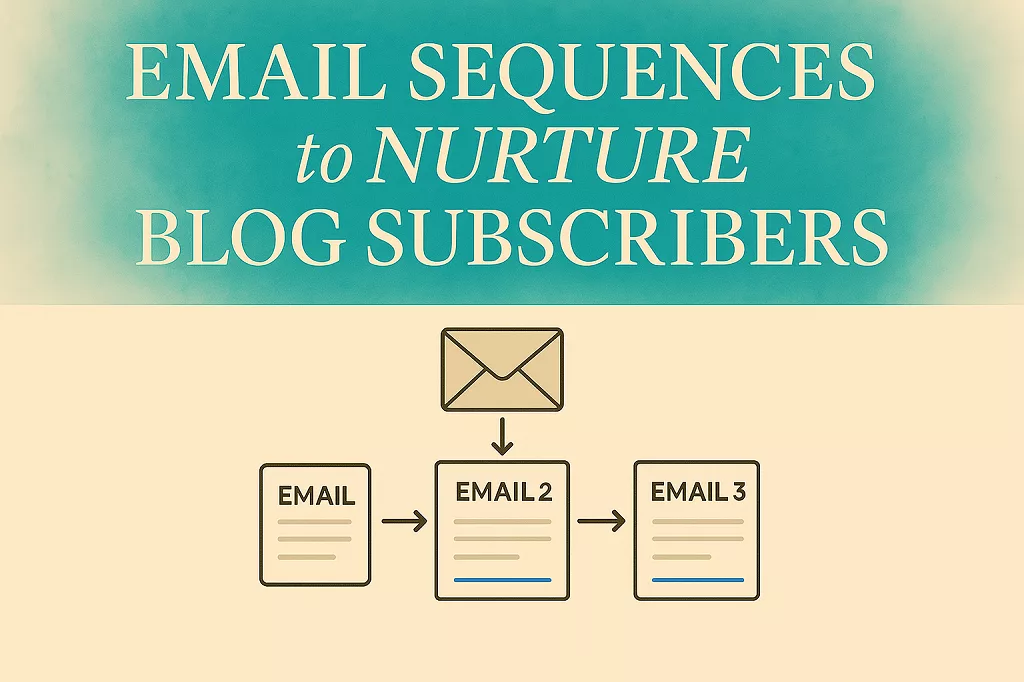
Maximizing Page Speed for SEO Success
 – Avoid jargon not widely understood by the general audience.
– Avoid jargon not widely understood by the general audience.
The Importance of Page Speed for SEO
Page speed is a critical aspect of SEO that cannot be ignored. Search engines like Google have made it clear that they prioritize websites with fast loading times to provide better user experiences and reduce bounce rates.
Why Page Speed Affects Your Search Engine Rankings
Google has stated that they use page speed as one of the ranking factors. Page speed directly impacts the user experience, which in turn influences your search engine rankings. Websites with fast loading times are more likely to rank higher.
According to a Google study, pages that load in 1 second can see a 2% increase in conversions. Pages that take 3 seconds to load can see a 50% decrease in conversions. This highlights the importance of page speed in improving user experience and, consequently, SEO success.
How Page Speed Affects Bounce Rates
Another reason why page speed is critical for SEO success is its impact on bounce rates. According to Google, pages that load quickly have lower bounce rates, meaning visitors spend more time on the site.
Pages that load quickly also reduce the likelihood of users leaving the site and clicking the “back” button. This directly contributes to higher conversions and better SEO performance.
Longer Page Loading Times and SEO
Pages that take longer to load not only affect user experience but also negatively impact your SEO performance. Users who find your pages slow to load may also be discouraged from sharing your content on social media platforms, further decreasing your organic reach.
A slow-loading page can also lead to high bounce rates and a poor user experience, negatively affecting your search engine rankings. According to a study by Kissmetrics, 47% of users expect a website to load within 2 seconds.
Page Speed Optimization Strategies
To improve your page speed and optimize for SEO, consider the following strategies:
Use a Content Delivery Network (CDN): A CDN helps distribute your content across multiple servers, reducing the load time and improving page speed.
Optimize Images: Use image compression tools and reduce the file size of images to decrease the load time. Also, consider using responsive images that adjust to the screen size of the user.
Use Caching: Implement browser caching to store the website’s static files on the user’s computer, reducing the load time for subsequent visits.
Minify CSS, JavaScript, and HTML: Minifying code helps reduce the file size and improves page speed. Tools like YUI Compressor can automatically minify your files.
Use Browser Caching: Browser caching helps store your website’s static files on the user’s computer. This reduces the load time for subsequent visits.
Conclusion
Page speed is critical for SEO success. It directly impacts search engine rankings, bounce rates, user experience, and conversions. To improve your page speed and optimize for SEO, consider using a CDN, optimizing images, implementing caching, and minifying code. By improving page speed, you can achieve better search engine rankings and improve user experience.
You May Also Like

Master the Art of Captivating Headlines: Tips for High-Ranking Blog Posts
July 19, 2025
10 Key Elements of E-E-A-T for SEO Success
July 23, 2025


